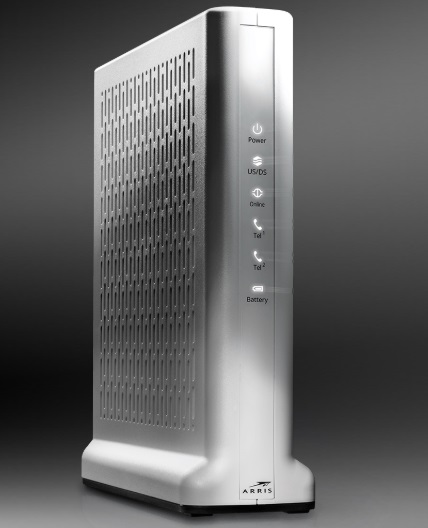Shortages of MLCCs, Other Electronic Parts Getting Worse, Market Researchers Say
The smarter way to stay on top of the multichannel video marketplace. Sign up below.
You are now subscribed
Your newsletter sign-up was successful
Ongoing global shortages of electronic components, including multi-layer ceramic chip capacitors, are getting worse, and relief is not expected until at least the end of 2018.

That is the conclusion of reports issued recently by Morgan Stanley and Stifel, which are tracking a supply problem that has impacted the ability of vendors including Arris to deliver electronic components including gateways and modems.
“Lead times remain elevated across a number of components, including capacitors, resistors, memory and certain discretes, according to our analysis of distribution data,” Stifel reported in a recent update. “We continue to see signs of double ordering as customers scramble for parts. The multi-layer ceramic capacitor (MLCC) shortage is the most severe, with many parts seeing order-rescheduling requests from customers waiting on MLCCs or other parts.”
Parts suppliers are currently in the process of adding additional production capacity. But these moves won’t impact the market until at least the end of the year, the reports say.
Related: Arris Hit Hard By Shortages of Capacitors, DRAM
Supply in particular for MLCCs—staple components of devices including modems and smart phones—is being impacted by surging demand in the automotive, IoT and industrial markets, the investment banks say.
In June, Arris issued a note to operator clients warning them to expect delays and price increases on certain products. This resulted in some clients shifting orders for items including DOCSIS 3.1 modems to other suppliers.
The smarter way to stay on top of the multichannel video marketplace. Sign up below.
“Most companies like us are in an environment where trying to secure supply is on a week-to-week basis and prices fluctuate pretty significantly,” Arris CEO Bruce McClelland told investment analysts during his company’s second quarter earnings call.
“We're not in a position we can absorb those costs. And so, we've been pretty upfront and open with customers on what the price increases are,” McClelland added.
As surging demand makes the procurement process for electronics more challenging, there is also the issue of tariffs that is impacting the market.
“Of particular concern to Nokia are the recent tariffs imposed on trade with China, which specifically target a wide range of components that are critical to 5G,” Nokia wrote in an FCC filing last week. “Unless exemptions are provided for these products, these latest duties threaten to raise the cost of 5G infrastructure in the U.S. by hundreds of millions of dollars. This is an important context that further emphasizes the need for the Commission to lower barriers to deployment where it can.”
Daniel Frankel is the managing editor of Next TV, an internet publishing vertical focused on the business of video streaming. A Los Angeles-based writer and editor who has covered the media and technology industries for more than two decades, Daniel has worked on staff for publications including E! Online, Electronic Media, Mediaweek, Variety, paidContent and GigaOm. You can start living a healthier life with greater wealth and prosperity by following Daniel on Twitter today!

